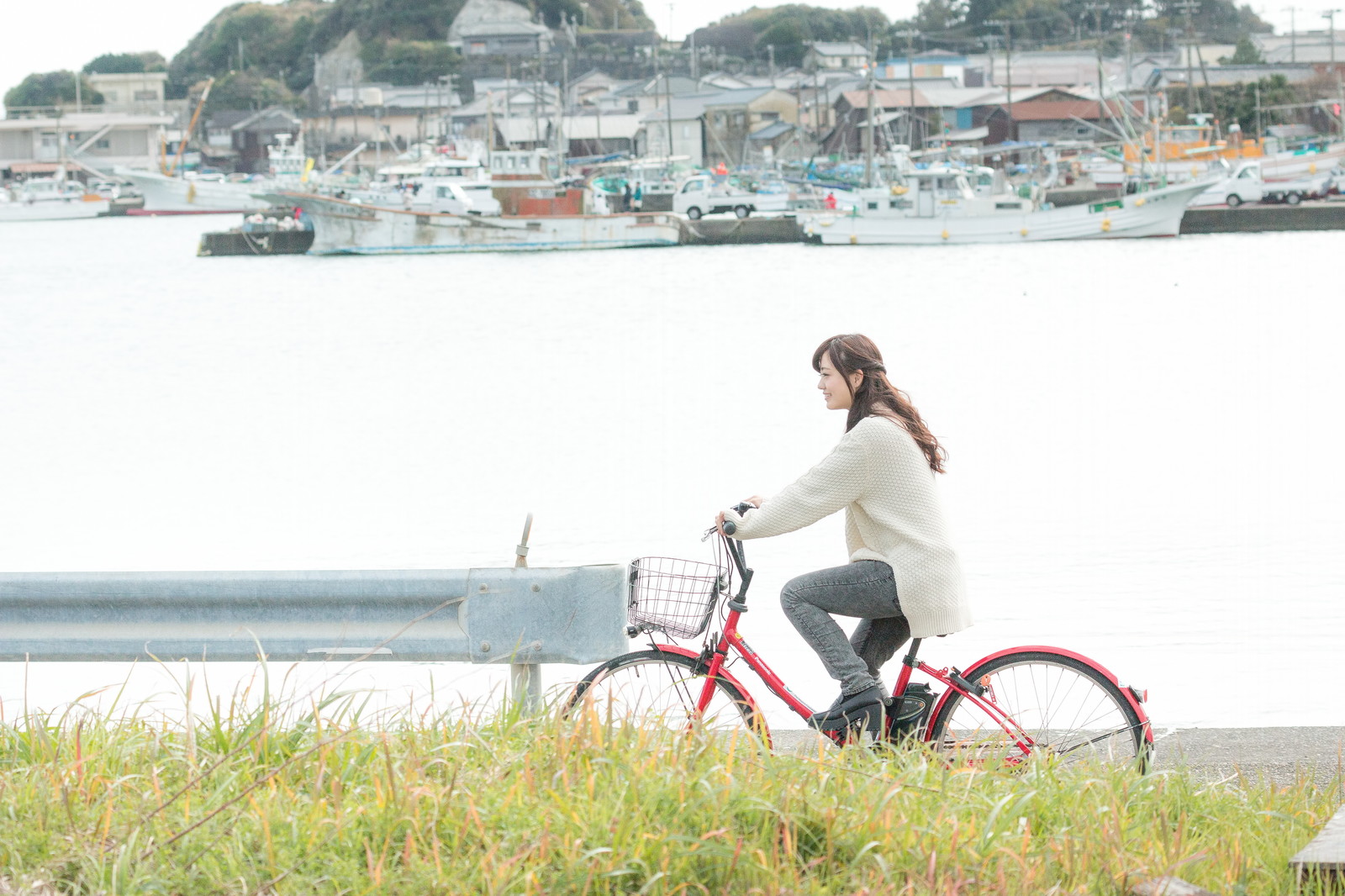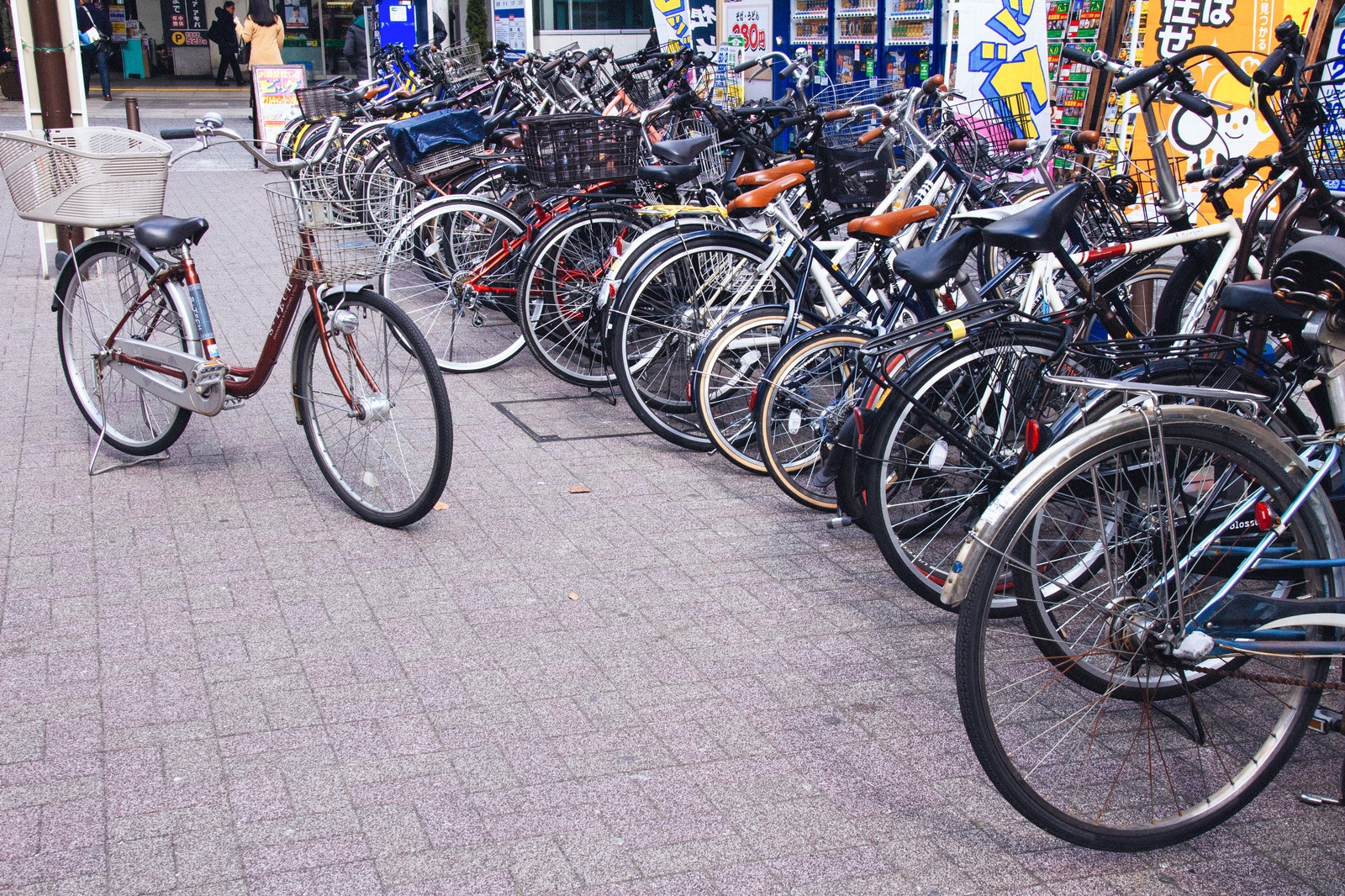
We asked a lawyer to find out!
The Japanese government took a stand to protect cyclists this year by making it mandatory to wear helmets while on a bicycle as of April 1. However, according to the language of the law, “mandatory” is a loose term; the rule is actually “doryoku gimu”, which translates to “you’re required to make an effort to do so”, which essentially means that you don’t strictly have to, but it’s highly recommended.
Of course, this means that a lot of people think you don’t actually have to obey this rule, and based on what we’ve seen on the streets, nobody seems inclined to (except maybe Uber Eats delivery people). This got our Japanese-language reporter Seiji Nakazawa thinking. Is there really no punishment for not following a “doryuku gimu” law? Since he was curious, he decided to ask a lawyer, F-san.

Image © SoraNews24
F-san: “To begin with, regardless of whether it’s a doryuku gimu law, it’s clear that helmets are helpful from a safety standpoint, so it goes without saying that everyone should wear one.
“However, the text in the amendment to the Road Traffic Act says, ‘You must make an effort to wear a helmet,’ not ‘You must wear a helmet.’ As a result, how one reacts to the law, including deciding whether to wear a helmet or not, is ultimately up to each individual’s discretion.
“Furthermore, there are no penalties written into the law for not wearing a helmet while riding a bicycle, so even if you don’t wear one, or don’t make an effort to wear one, there will be no civil or criminal penalty.”

Seiji: “So that means nothing will happen if you don’t follow the rule, right?”
F-san: “There may be problems regarding compensation for damages if you happen to get into an accident while not wearing a helmet.
“If a cyclist is injured or killed in an accident, the issue of compensation arises. If the cyclist was wearing a helmet and wasn’t injured, or was only slightly injured, depending on the case, courts may recognize that the amount of damages or loss on the part of the cyclist was low.
“Of course, in the past, before the amendment to the Road Traffic Act, the courts have used not wearing a helmet as an element to consider when deciding the comparative fault between parties and the amount of damages or loss. However, in accordance with this amendment, many believe that, in many cases, from the other party’s standpoint, not wearing a helmet may be considered comparative negligence. I believe that after this, there will be more cases where not wearing a helmet impacts decisions about percentages of fault and amounts of damages and loss.”

Seiji: “I see. So not wearing a helmet can make a difference when in an accident.”
F-san: “In the same sense, employers need to be careful about requiring their employees to wear helmets while riding bicycles for work (including companies and small business owners). Employers have the responsibility to uphold safety measures for their employees, so even if the rule is only ‘doryoku gimu’, it may become the basis for this responsibility.
“Take, for example, a case where an employer knows their employee does not wear a helmet when operating a bicycle for business purposes and allows them to do so without reprimanding them. If the employee ends up injured in an accident, the employer then may be responsible for compensating them.
“We’ll have to watch the decisions of the courts from here on out, but at the very least, it may be best for employers to make sure their employees know to wear a helmet while operating a bicycle on company business.”

Image © SoraNews24
So as it turns out, while there may be no penalties for ignoring the new law, there are still some problems that may arise from it, even aside from safety issues. No one wants to get wrapped up in an extensive court battle on who owes whom damages, so even if you aren’t concerned about your safety, it’s still worth wearing that helmet, just in case.
There are a number of other rules bicyclists are expected to follow, and some of them are actually punishable by law. Most of them involve following basic traffic rules, though, so you’ll hopefully already be following them. But one you might not know about is the ban on having headphones in your ears while riding. Have you unknowingly broken that rule?
Top image: Pakutaso
Insert images: Pakutaso (1, 2) unless otherwise noted
● Want to hear about SoraNews24’s latest articles as soon as they’re published? Follow us on Facebook and Twitter!

No hay comentarios:
Publicar un comentario